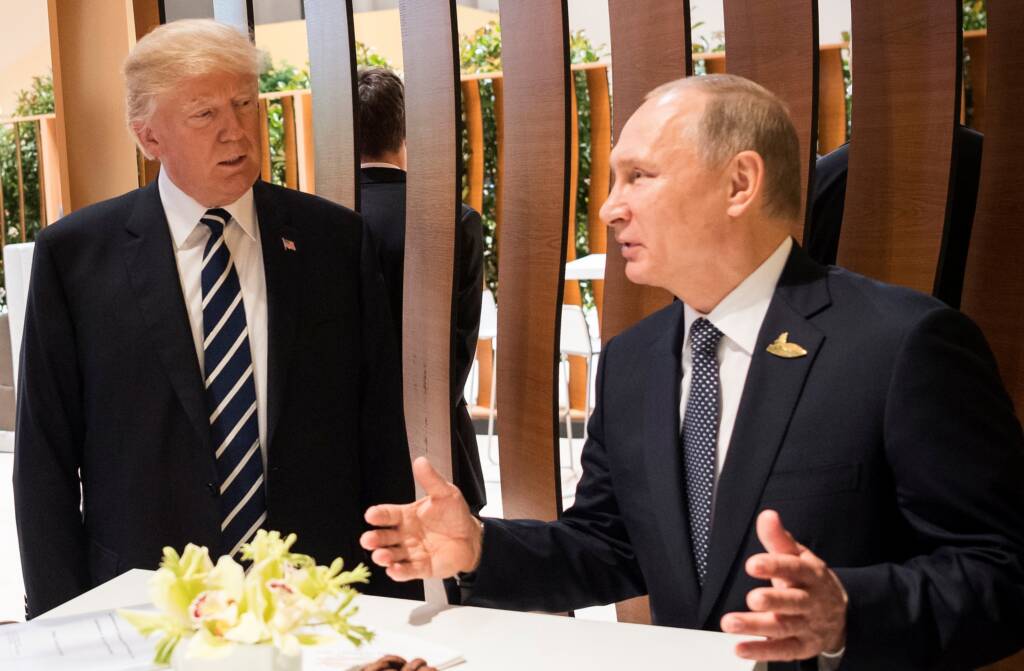The U.S. Secretary of State Marco Rubio has indicated that the United States may impose additional sanctions on Russia if significant progress is not made toward a peace agreement with Ukraine, with the US now mulling a 500% tariff on Russian products. This statement underscores the U.S. commitment to supporting Ukraine and maintaining pressure on Russia amid ongoing diplomatic efforts.
Rubio’s remarks come after a recent phone call between Presidents Donald Trump and Vladimir Putin, during which Russia pledged to provide the U.S. with proposed terms for a potential ceasefire with Ukraine. However, despite this commitment, Rubio emphasized that the U.S. is awaiting these terms to better understand Putin’s intentions. He also noted that the U.S. is considering additional sanctions if current peace talks fail to make progress.
The proposed measures include a 500% tariff on imports from nations buying Russian oil, natural gas, petroleum products, or uranium, along with expanded restrictions on Russian sovereign debt and financial transactions involving sanctioned entities. The legislation was introduced in the Senate by Lindsey Graham and co-sponsored by a bipartisan coalition of at least 72 senators.
While the U.S. administration has refrained from immediate sanctions to preserve diplomatic avenues, Rubio’s comments signal a readiness to escalate pressure on Russia if peace efforts continue to stall. The situation remains fluid, with ongoing discussions and developments shaping the international response to the conflict.
Russia Response
In response to U.S. Secretary of State Marco Rubio’s warning of potential new sanctions if peace talks with Ukraine do not progress, Russia has reiterated its position on the conflict and the conditions for a ceasefire.
Russian President Vladimir Putin, following a recent call with U.S. President Donald Trump, stated that Russia is prepared to engage in discussions with Ukraine regarding a memorandum for a potential future peace accord. However, Putin emphasized that the decision to participate lies with Kyiv. The proposed memorandum would address key aspects such as settlement principles, ceasefire terms, and timelines.
Russian Foreign Ministry spokeswoman Maria Zakharova urged Ukraine to adopt a constructive stance for its self-preservation, indicating that European allies had initially tried to block direct talks between Kyiv and Moscow but were unsuccessful. Zakharova also criticized new European Union sanctions, asserting that Russia would not succumb to ultimatums and accusing Europe of seeking to re-arm Ukraine to prolong the conflict.
Deputy Foreign Minister Sergei Ryabkov emphasized that while Russia takes U.S. proposals seriously, it cannot accept them in their current form. Ryabkov pointed out that the U.S. solutions fail to address the “root causes” of the conflict, which Russia considers essential for a lasting resolution.
As the situation develops, both sides continue to navigate complex diplomatic channels, with the international community closely monitoring the potential for a peaceful resolution to the ongoing conflict.
